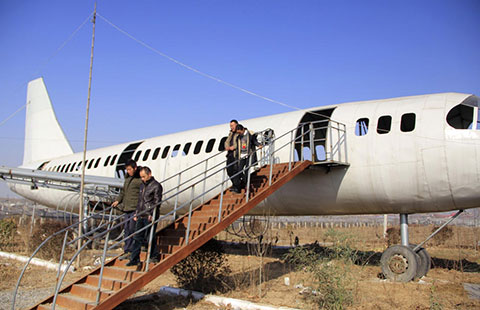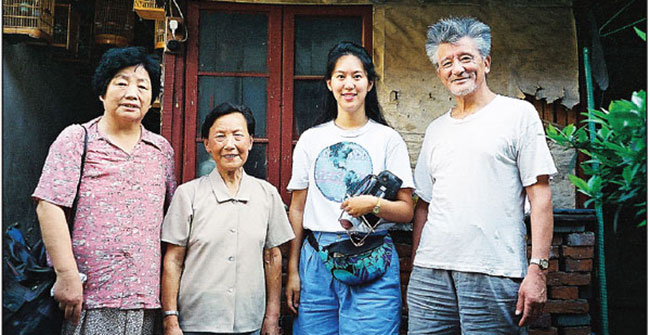Second-hand smoking drops in China
(Xinhua) Updated: 2015-12-28 19:06BEIJING - The second-hand smoke exposure has dropped in China despite an increase of 15 million smokers in the past five years, said a domestic smoking report.
Compared with 2010, the second-hand smoking exposure rate fell from 34.6 percent to 17.2 percent in primary and middle schools and from 54.9 percent to 38.1 percent in government buildings, said the report released by the Chinese Center for Disease Control and Prevention on Monday.
Second-hand smoking also dropped in workplaces, restaurants, public transport vehicles and medical institutions.
Chinese smoking population has increased to 316 million, or 27.7 percent of the total targeted population, it said. The smoking rate was 52.1 percent for males and 2.7 percent for females.
Each smoker consumes an average of 15.2 cigarettes per day, or an increase of one cigarette compared with five years ago, according to the the report, which surveyed 15,095 people aged 15 years or more in urban and rural areas. Despite the rise of tobacco prices, the purchasing power of urban and rural residents has also grown.
Comprehensive smoking control measures should be adopted, said Wang Yu, head of the center.
The report advised a national smoking ban be adopted as soon as possible and tobacco tax be further increased. Tobacco advertisements and promotions should also be fully prohibited, it added.
At least 16 Chinese cities, including Beijing, have passed their own tobacco control rules. The State Council, or China's cabinet, unveiled a draft regulation on smoking control at public venues in late 2014 to solicit public opinions.
China is the world's largest tobacco producer and consumer. According to official data, some 1.36 million Chinese people die from smoking-related diseases annually.
- Policymakers drop legal ban on surrogacy
- China adopts first counter-terrorism law in history
- New law to stamp out domestic violence
- Chairman of China Telecom probed for corruption
- Newly passed laws pave way for a safer society
- NPC committee suggests deleting draft ban on surrogate pregnancy
- Chinese attend US schools at younger age
- Database directs aid for poor
- Civil aviation to add 200 more international routes in 2016
- More than money: Employees in China demand cleaner office air







